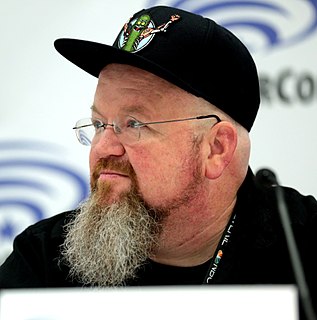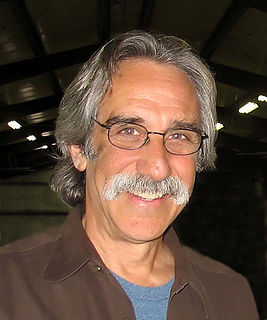A Quote by Georg C. Lichtenberg
Pain warns us not to exert our limbs to the point of breaking them. How much knowledge would we not need to recognize this by the exercise of mere reason.
Related Quotes
How our governments need standards of integrity! How our communities need yardsticks to measure decency! How our neighborhoods need models of beauty and cleanliness! How our schools need continued encouragement and assistance to maintain high educational standards! Rather than spend time complaining about the direction in which these institutions are going, we need to exert our influence in shaping the right direction. A small effort by a few can result in so much good for all of mankind.
Because of our broken instincts we are in pain. We continue in pain because our instincts have been twisted by reason. So, what are we supposed to do? Should we abandon knowledge? Throw away reason? In any event, that wouldn't be possible. For better or worse, we ate the fruit of knowledge long, long ago.
At times we are thrown suddenly into positions that seem too big for us and for which we have little preparation. The Lord stimulates our growth this way.... The Lord blesses us far beyond our natural ability and experience. However, it has been my experience that he expects us to quickly exert ourselves and acquire the things we need. He gives us a little time to improve our management skills and detailed knowledge so that we don't have to rely upon him for everything. We'll always need inspiration in these areas we couldn't possibly understand without his help.
Although our moral conscience is a part of our consciousness, we do not feel ourselves on an equality with it. In this voice which makes itself heard only to give us orders and establish prohibitions, we cannot recognize our own voices; the very tone in which it speaks to us warns us that it expresses something within us that is not of ourselves.
To deprecate human reason by saying that none of us is or can be omniscient is absurd, for it takes an impossible standard as the judge of a possible and real condition. All of our knowledge we get from the exercise of our reason; to say that no man can be God and know everything is to take an irrational standard of evaluation.
If we have goals and dreams and we want to do our best, and if we love people and we don’t want to hurt them or lose them, we should feel pain when things go wrong. The point isn’t to live without any regrets, the point is to not hate ourselves for having them… We need to learn to love the flawed, imperfect things that we create, and to forgive ourselves for creating them. Regret doesn’t remind us that we did badly — it reminds us that we know we can do better.
It is our own pain, and our own desire to be free of it, that alerts us to the suffering of the world. It is our personal discovery that pain can be acknowledged, even held lovingly, that enables us to look at the pain around us unflinchingly and feel compassion being born in us. We need to start with ourselves.
To love women, to love our vaginas, to know them and touch them and be familiar with who we are and what we need. To satisfy ourselves, to teach our lovers to satisfy us, to be present in our vaginas, to speak of them out loud, to speak of their hunger and pain and loneliness and humor, to make them visible so they cannot be ravaged in the dark without great consequence, so that our center, our point, our motor, our dream, is no longer detached, mutilated, numb, broken, invisible, or ashamed.
I suspect that many of us, if given the chance to make one person in our lives love us more, would have no trouble in choosing where to point a finger. We are all needy, all vulnerable, all terrified that perhaps that person has an excellent reason to withhold affection. We shape our purposes to make ourselves worthy and often do not see until much later how it was love-or perhaps the lack of it-that both picked us up and dropped us off at crossroads.




































